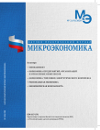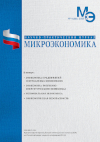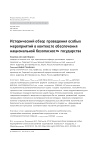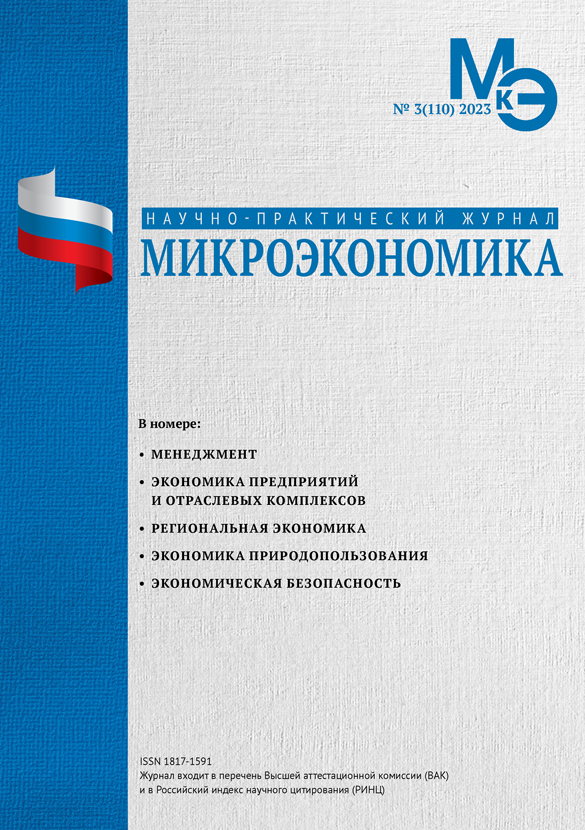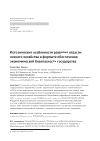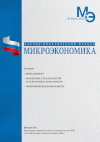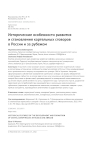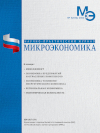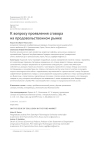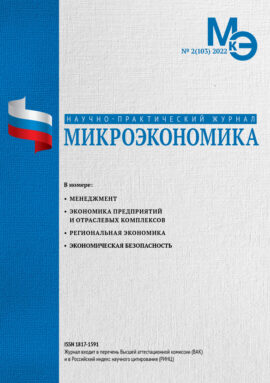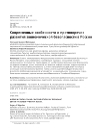Methodological approaches to determining the level of shadow economy in forestry
DOI: 10.33917/mic-1.120.2025.44-55
Illegal deforestation is a consequence of socio-economic relations, especially in regions where logging is the main source of income. Forests in such regions are perceived only as raw materials, which leads to negative consequences leading to the loss of national wealth. Specific assessment methods for different industries and sectors of the economy lead to a lack of a unified approach, which creates difficulties in analyzing and combating the shadow economy. The level of criminalization in the field of logging can be assessed by various methods. The authors have modernized and changed the formulas for assessing the level of criminalization of forestry to meet modern realities with a significant reduction in error.
References:
1. Myasnikov D.A. Mechanism for assessing the level of the shadow economy in the forestry complex. Izvestiya IGEA. 2008;5:39-42.
2. Antoshchenko A.V. Analysis of the causes and conditions for committing crimes in the forestry complex (on the example of Primorsky Krai). Contentus. 2020;1:164-189.
3. Botasheva L.Kh. Identification and assessment of the shadow economy. Economy. Taxes. Law. 2018;11(5):28-37.
4. Putyakova P. Shades of gray. The share of the shadow economy in the Perm Territory will grow. URL: https://www.newsko.ru/articles/
5. EMISS. URL: https://www.fedstat.ru/indicator/
6. Report of representatives of the Ministry of Natural Resources of the Perm Territory. URL: https://priroda.permkrai.ru/
7. Statistical analysis of the forestry complex of Russia. URL: https://prepod24.ru/readyworks/235163/?ysclid=lq5l8jrxlb198424445
8. Strengthening the fight against illegal timber trafficking was discussed in the Kama region, 2022. URL: https://priroda.permkrai.ru/novosti/
9. Petrov V.N., Katkova T.E., Karvinen S. Trends in the development of the forest economy in Russia and Finland. Economic and social changes: facts, trends, forecast. 2019;12(3):140-157.
10. Tolpyshev G.V. Methodological tools for assessing the level of criminalization in the forestry sector / G. V. Tolpyshev, A. G. Svetlakov. Perm Agrarian Bulletin. 2017;1 (17):151-156.





